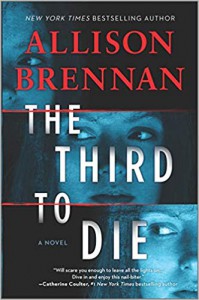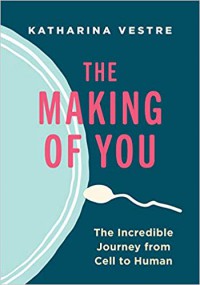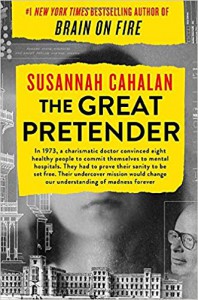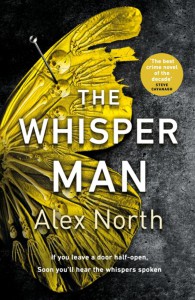Satisfying Satire

The Heap by Sean Adams is recalls the type of winking political and societal satire presented in works by Vonnegut and Pyncheon, or in the film “Brazil” by Terry Gilliam. Adam’s novel wittily reflects the mindlessness and vapidity of our modern age within an alternative universe controlled by a corrupt bureaucracy that takes advantage of people’s worst tendencies. The story is simple but unusual- Orville is a man searching for his brother among the ruins of a collapsed building. “Los Verticalés” was originally designed as a type of utopian community, an enormous ever-expanding tower meant to provide everything people would need for existence within one self-contained structure. The Heap takes place after the building’s inevitable collapse, becoming a tale of the stalled rescue of the lone survivor of the tragedy, Bernard. Orville’s brother is still within the rubble, broadcasting continuously from his radio station and taking calls from the outside. The building’s original architects have enlisted people to conduct the search as they also unearth and sell off salvageable items. A whole community has sprung up around the effort, including: the diggers and an administrative support system; small businesses to provide amenities; and a band of people who once lived in the tower, having escaped the tragedy by not being home when the collapse occurred. These are the “displaced,” who write about what life was like in Los Verticalés, providing the reader some vital background information about the social experiment. Most of The Heap consists of Adams describing how the evolved community has established its own routines and fallen into a state of passive ennui over time. Lydia, one of Orville’s dig partners, is the only character who possesses political ambitions and is therefore consistently frustrated by the reluctance of others to change or put forth extra effort. Other secondary characters become allegories for human adaptation to loss and the drive toward comfort even if freedom must be sacrificed. It takes a bit too long, but eventually events occur that shake up the plodding existence of the Heap and its inhabitants- challenging them to stand up to the menacing corporate cabal that wants them to continue succumbing to their stupor. Orville, with his uniquely emotional connection to the place, is responsible for rebelling against the underlying power structure. His reluctant awareness and subsequent actions result in some unexpected and humorous ripple effects. Strange and sometimes slow-paced, The Heap is an interesting experiment in storytelling. Though probably not universally appealing, readers who are searching for something unique, smile-provoking and subtly pointed would do well to give this new novel a try.
Thanks to the author, William Morrow and Library Thing for an advance copy of this book in exchange for an unbiased review.

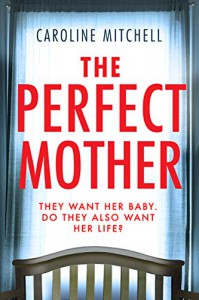
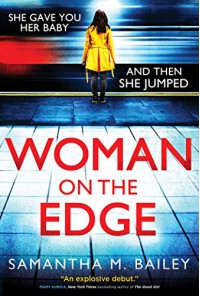
 2
2
